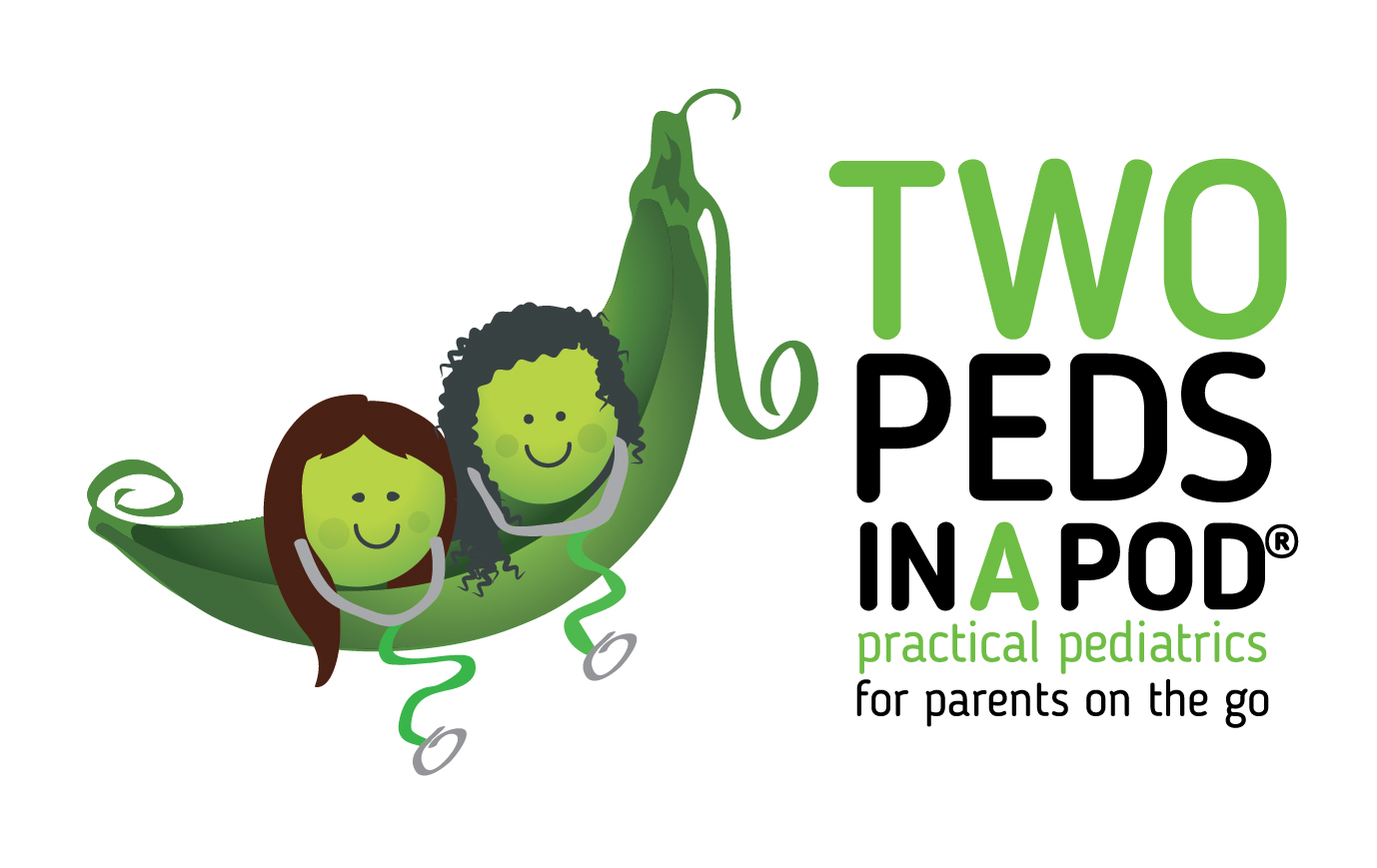
Today we bring you more advice from the Atlantic Regional Osteopathic Convention 2012 Adolescent session, where Dr. Amanda Manning updated us about adolescent vaccines. As always, be sure to review with your child’s doctor any contraindications as well as reasons to vaccinate early with all of these immunizations.
Tdap : This vaccine, which prevents pertussus (whooping cough), tetanus and diphtheria, is given to 11- 12 year olds. But since the pertussis component of the Tdap vaccine was not recommended until six years ago, your teen may have received the formulation without pertussis protection (dT). If so, he should now get a dose which contains pertussis. Recent evidence shows teens and adults lose their immunity to whooping cough and can spread disease to vulnerable infants and young children.
The meningitis vaccine, or “quadrivalent meningoccal conjugate vaccine”: Pediatricians routinely give this vaccine to tweens. New recommendations add a booster dose at age sixteen years. If the first dose was not given until age sixteen, a booster dose is not needed. Read our earlier post for more information about this vaccine and the disease it prevents.
HPV vaccine: This vaccine protects against Human Papillomavirus (HPV), which causes cancer of the cervix, vagina, penis, and throat. HPV also causes genital warts. Most people who are infected pick up the virus unknowingly during their first two years of sexual activity. In fact, eighty percent of women by age 50 are infected with some form of HPV. Luckily, the majority of infected women do not develop illness. The Pap tests that women receive at their yearly gynecology visits screen for cervical cancer caused by this virus. Here are common questions parents ask about the HPV vaccine:
Yes, but for Gardasil only up through 26 years and for Cervarix through age 25. Cervarix is not approved for males. Last year, the FDA did not find there was enough of a decrease in disease to widen the age range for Gardasil after age 26.
FLU: The guidelines for the flu vaccine are the easiest to remember of all the vaccines. Give a dose of flu vaccine to every teen every year, before the start of flu season. In fact, EVERYONE should get flu vaccine every year, including adults. The mist-in-the-nose form is safe for anyone without asthma or other chronic health conditions, and now, safety data shows most everyone can receive the injectable form, even kids with egg allergy. Please see our earlier post for more information about the flu virus, the flu vaccine, and how to tell if your child has the flu.
Amanda Manning, DO, FAAP, FACOP, is the site supervisor of the pediatric group at Geisinger Medical Group in Bloomsburg, Pennsylvania. She is a graduate of Duke University and The University of Medicine and Dentistry of the New Jersey School of Osteopathic Medicine, and completed her pediatric residency at the Geisenger Medical Center. Dr. Manning has been practicing general pediatrics for fifteen years.
Julie Kardos, MD and Naline Lai, MD
©2012 Two Peds in a Pod®



